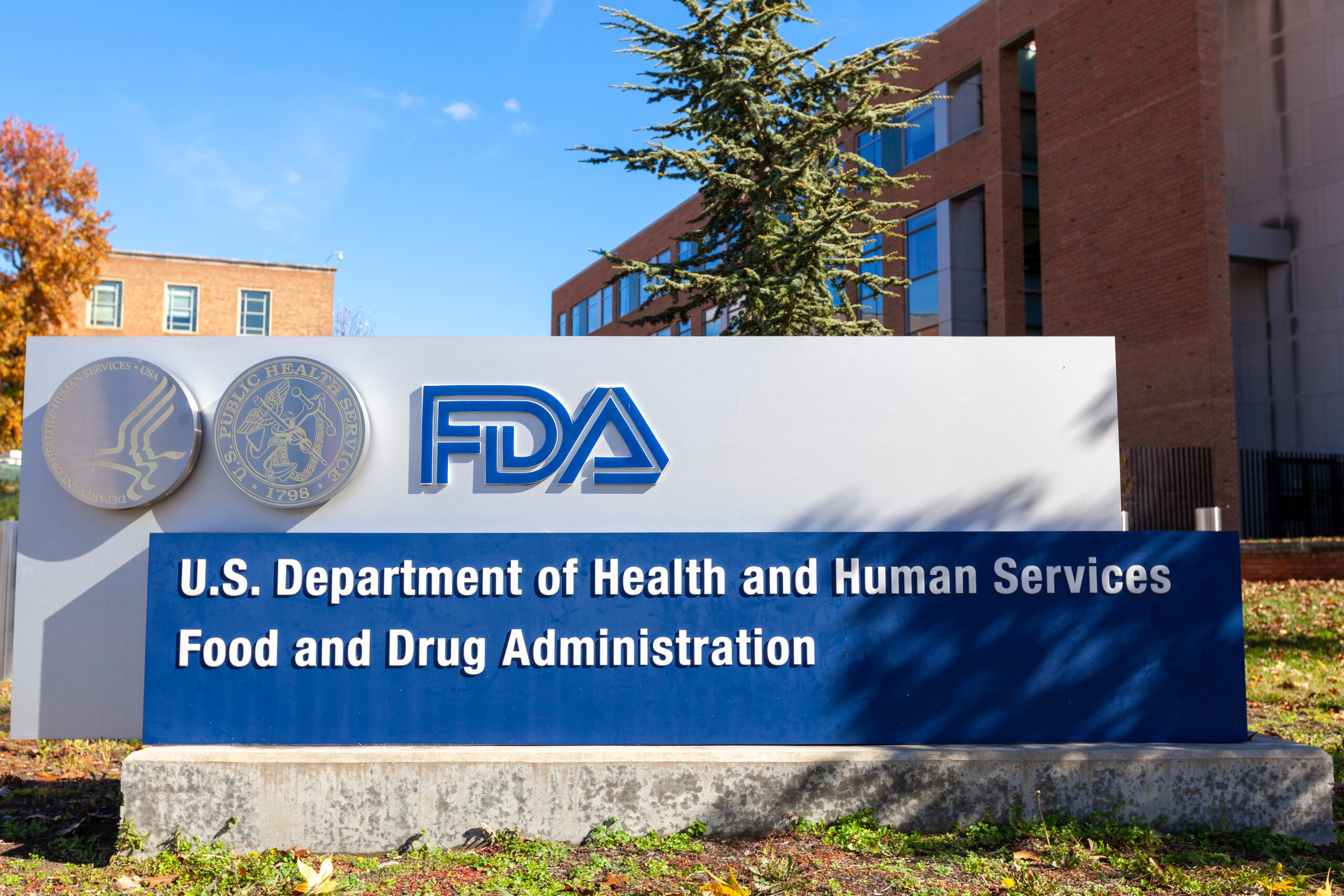Cardiome Pharma recently received a response from the US Food and Drug Administration (FDA) regarding their New Drug Application (NDA) for its heart medication, but it wasn’t the reply they were hoping for. The regulator refused to approve Brinavess (vernakalant hydrochloride, IV) and advised the drugmaker that their compiled data would be insufficient for a resubmission.
Brinavess is a drug designed to treat heart arrhythmias in patients with atrial fibrillation. Despite the fact that the drug has gained approval for this indication in around 50 other countries, Cardiome has yet to win over the FDA.
“In our most recent communication with the FDA, we proposed resubmission of the NDA based upon the original file and six years of accumulated safety data from sales of Brinavess in thirty-three countries, augmented by interim results from over 1,100 patients enrolled in the SPECTRUM study, a prospective post-authorization European Union safety study, along with pre-clinical data from subsequent studies the company completed at the FDA’s request,” said Dr. William Hunter, CEO and President of Cardiome in a statement about the regulatory update.
This isn’t Cardiome’s first set-back with Brinavess. The NDA for Brinavess was first submitted to the FDA in 2006, in partnership with Astellas Pharma. The regulatory agency responded with a refuse-to-file letter, which pushed the drug’s commercialization timeline back two years.
After a subsequent submission, the FDA eventually requested further clinical data, prompting Cardiome and Astellas to initiate a Phase III safety and efficacy trial for Brinavess. However, after one patient experienced cardiogenic shock – a serious adverse event – the clinical trial was put on hold.
In 2009, the rights to Brinavess were sold to Merck. Just a few years later, the pharmaceutical company would terminate the clinical development program for the heart drug, returning the commercialization rights to Cardiome.
“We are disappointed that the Agency did not find these data compelling enough to recommend a resubmission, especially when several regulatory bodies in major jurisdictions around the world, including Canada in March 2017, have found the drug to be safe and effective,” continued Hunter. “We will continue to have a dialogue with the FDA as we review our regulatory options.”
In 2010, between 2.7 and 6.1 million people in the US experienced atrial fibrillation, according to the American Heart Association. This number is expected to grow to as many as 12 million in 2030, highlighting the need for effective treatment options for these patients.












Join or login to leave a comment
JOIN LOGIN